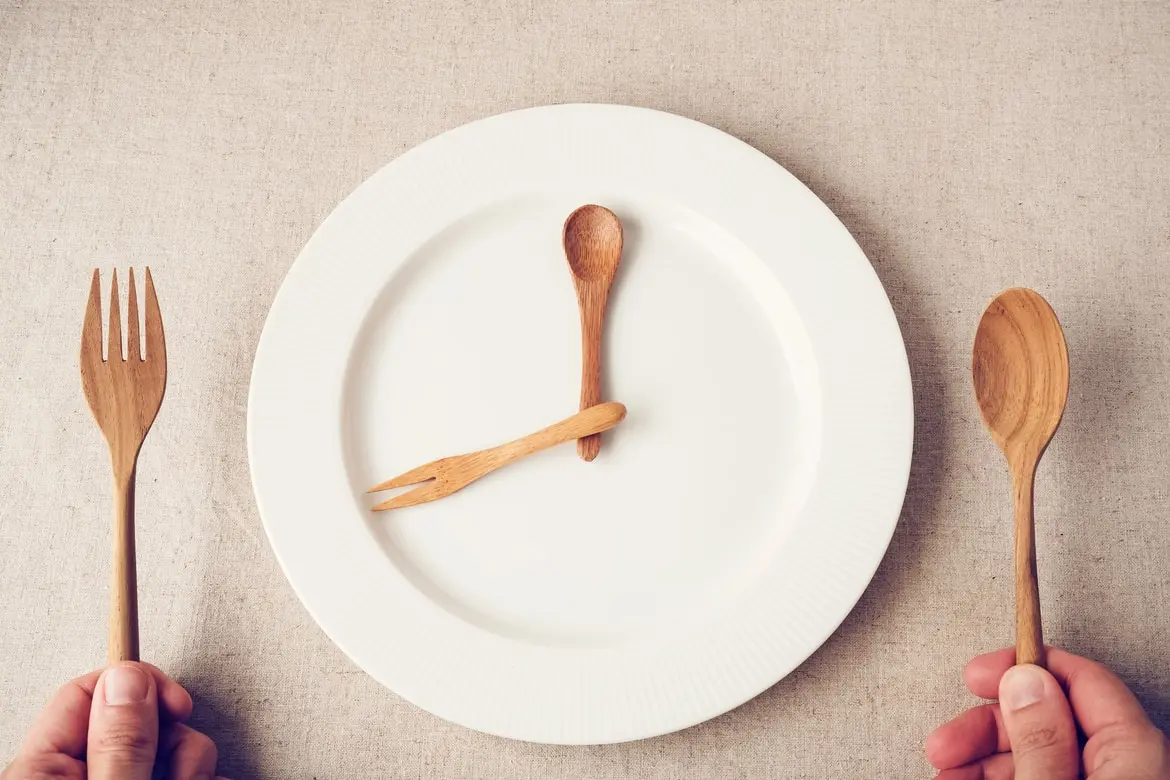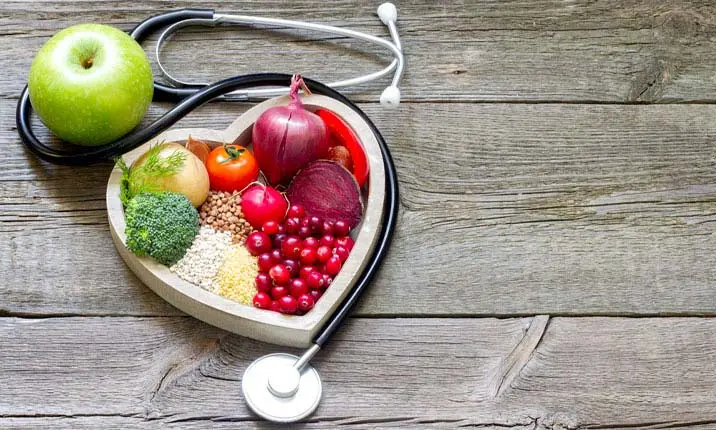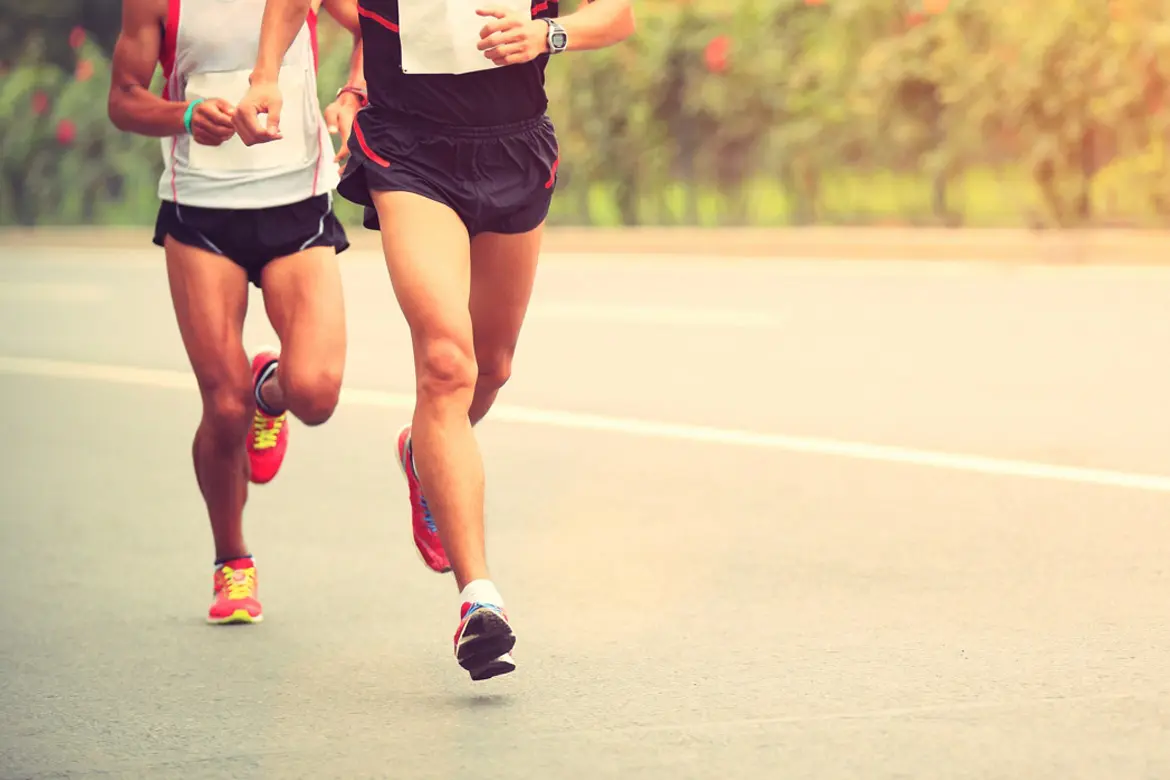During the holy month of Ramadan, you may be joining your families and friends in fasting from dawn to sunset.
But if you've recently had heart surgery, or any kind of serious surgery, you may be concerned about the repercussions of fasting during the recovery period. To give your body the best chance of healing, fasting may not always be possible. This is also true if you're planning to go on any kind of diet or health cleanse after heart surgery.
You should always speak to a doctor if you're concerned about embarking on a fast or diet after surgery, but here are some of the general facts you need to know.
Is it safe to fast for Ramadan after recent heart surgery?
If you have undergone recent heart surgery or have had a heart attack, you should avoid fasting or going on a restrictive diet for at least 6 weeks.
You should also avoid fasting if you are taking blood thinners (anticoagulants), or any medications for an irregular heartbeat, unless your doctor has given the all-clear.
Other heart-related reasons to avoid fasting include:
- Recurrent chest pain
- Heart failure that leaves you fatigued or short of breath
- Narrowed or inflamed aortic valve (stenosis)
- Being under constant medical observation
Will I need to take my medication during fasting hours?
If you're on heart medication and want to avoid taking oral tablets between dawn and sunset, your doctor may be able to give you versions with longer-lasting effects for the duration of Ramadan, depending on your prescription. Speak to your doctor in advance to find out if this is possible. Bear in mind that if there are no other alternatives, you may not be able to avoid taking medication during fasting hours.
If you've had a stent implanted, you will likely be on dual antiplatelet therapy to prevent blood clotting (which means you'll be taking 2 types of medications, clopidogrel and aspirin). You should be able to fit these around your fast by taking clopidogrel before suhur or after iftar, and your aspirin after iftar.
Always speak to your doctor before beginning your fast so you can explore the best options for you.
What will happen to my body while I fast during my recovery?
Research suggests the effects of fasting on patients with stable heart disease are actually minimal (in one study, 91.2% of 465 patients experienced no ill effects).
So, if 6 weeks have passed, you are back to your regular daily activities and are not experiencing any adverse symptoms (eg. shortness of breath, chest pain), the effects on your body will likely be no different to what they would be if you were fasting as normal.
In fact, the stress-reduced atmosphere of Ramadan may even have a positive impact on how you feel post-surgery.
The most important thing is to ensure your doctor has given the all-clear for you to go ahead with the fast and that it isn't going to be detrimental to your health.
What should I eat when I break fast?
Avoid fatty and salty foods, and try not to drink large quantities of beverages in quick succession, as this can lead to shortness of breath.
You should also try to eat little and often, switching 2 big meals for 4 smaller portions.
What should I eat after heart surgery?
It is crucial to consume a healthy diet after heart surgery to aid in your recovery and help protect your heart against future complications. Optimal nutrition also helps to speed healing and keep your weight in check.
A general guideline to keep in mind when planning your diet after heart surgery would be to follow a low-fat, low-cholesterol, high fibre diet. Choose a variety of:
- Fruits and vegetables. Aim to consume 2 servings of fruit and 5 servings of vegetables daily.
- Whole grains. Wholemeal or wholegrain bread or crackers, brown rice, wholemeal pasta, quinoa, freekeh, barley, rye, rolled oats, polenta and couscous are good options to choose from.
- Meat. Go for lean white meat, such as skinless chicken and turkey. Red meat with its fat trimmed off, should only be taken in moderation. If possible, try to go without meat 1 to 2 days a week, and opt for meat alternatives such as eggs, tofu, legumes and nuts.
- Fish. Aim to consume 2 servings of oily fish per week such as salmon, mackerel or sardines. This will help you get plenty of heart healthy omega-3 fats.
- Low-fat dairy products.
What foods should I not eat after heart surgery?
It is best that you limit your consumption of saturated fat, sugar and salt. You should also avoid:
- Processed meats, such as sausage, corned beef, and other canned meats.
- Junk food, including chips and candies, packaged cakes and cookies, and boxed meals.
- Fast food
- Sugary foods and drinks. Avoid indulging in deserts as well as sugary soft drinks and beverages sweetened with sugar or condensed milk.
What should I do if I start feeling dizzy or unwell during my fast?
Light-headedness can be brought on by dehydration, so you should try to avoid this by drinking plenty of water when breaking your fast.
If you do feel dizzy or unwell, and this feeling doesn't subside after 20 minutes, notify your doctor. Seek medical attention immediately if you feel feverish, short of breath, or faint.
If you've concerns about your heart health, always speak to a specialist.














